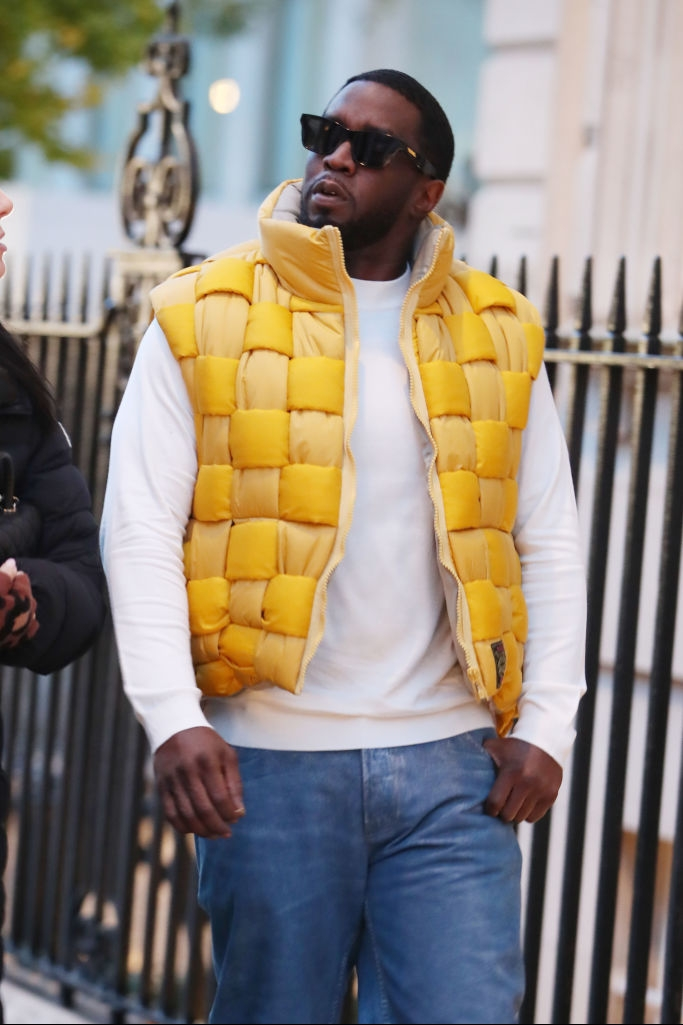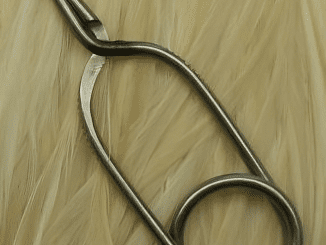The news of Sean “Diddy” Combs, a well-known hip-hop mogul, refusing to eat jail food has sent shockwaves through media outlets and his fanbase. Currently held on serious charges, including sex trafficking, the 54-year-old music icon has reportedly refused to consume any food served to him during his time in custody. This article will explore the reasons behind Diddy’s refusal to eat jail food, the conditions he’s facing in jail, and the potential impact this could have on his legal situation and well-being.

Understanding Diddy’s Situation in Custody
Sean “Diddy” Combs, widely known for his chart-topping hits and his influence in the music industry, is currently awaiting trial on multiple charges, including sex trafficking. The charges against Combs stem from an investigation by federal authorities, who raided his homes in Los Angeles and Miami earlier this year. Several women have come forward accusing Combs of physical and sexual abuse, including his former girlfriend, singer Cassie Ventura.
Despite Combs pleading not guilty, he has been denied bail—even after offering a staggering $50 million bond—leaving him behind bars until his trial. His time in custody has been marked by paranoia, fear, and a reported refusal to eat the food provided in jail. This development has raised concerns about his mental and physical well-being.
Fear and Paranoia in Jail
Diddy’s refusal to eat jail food appears to be largely driven by fear and paranoia. According to Larry Levine, a former inmate of the same facility where Combs is currently being held, the hip-hop mogul is deeply paranoid about his safety in jail. Levine, who has insider knowledge of the prison system, spoke with NewsNation and explained that Combs is concerned about the possibility of being targeted while incarcerated.
Combs reportedly fears that someone might pay off prison staff or fellow inmates to tamper with his food, potentially poisoning him or causing him harm. Given Diddy’s high-profile status and the powerful figures he has connections with, this fear is not entirely unfounded. Levine explained, “Imagine if someone paid someone off on the inside to poison his food, give him a heart attack, and he dies.”
Combs’ paranoia seems to stem from the notion that he could be a target due to his fame, influence, and the nature of the charges against him. With so much at stake, his concerns about his safety have led him to take drastic measures, including refusing to eat.
The Role of Jail Conditions
It’s important to consider the conditions inside the jail where Combs is being held. According to reports, Combs is currently in the Special Housing Unit (SHU), often referred to as solitary confinement. Inmates in the SHU are typically isolated from the general population, and meals are often served last, which means the food is cold, bland, and unappetizing by the time it reaches them.
Levine, who has firsthand experience in the same facility, noted that the food in jail, especially in isolation, is often of poor quality. “The food is bland, it’s a lot of carbohydrates. It fills you up, but you get sick eating it. There’s mold in a lot of that food,” Levine explained. This could be another factor contributing to Diddy’s refusal to eat, as he might have already experienced illness or discomfort from the jail food.
Suicide Watch and Mental Health Concerns
Since his arrest, Diddy has reportedly been placed on suicide watch. This status involves frequent check-ins by mental health professionals, and in Diddy’s case, a psychiatrist is reportedly visiting him several times a day. Additionally, Diddy has received visits from a religious advisor and a dietician, indicating that authorities are closely monitoring his mental and physical well-being during this time.
Diddy has been placed on suicide watch.Credit: Dave Benett / Getty
Levine, speaking on Diddy’s current state of mind, described the music mogul as “really, really paranoid” and “scared.” These descriptions point to a man grappling with the weight of his legal troubles, his high-profile status, and the harsh realities of jail life. His mental health appears to be a significant concern, especially with the combination of paranoia, isolation, and the looming charges against him.
The Impact of Refusing to Eat Jail Food
While Diddy’s refusal to eat may seem like an act of protest or a result of his paranoia, it also raises serious concerns about his health. Inmates refusing food is not uncommon, especially when they first enter jail, as adjusting to the conditions can be a difficult transition. However, prolonged refusal to eat can have dire consequences for an inmate’s physical health, potentially leading to malnutrition, illness, or worse.
Authorities will likely need to address Diddy’s refusal to eat soon, especially if it continues for an extended period. With his trial still on the horizon, maintaining his health is crucial not only for his well-being but also for his ability to face the legal challenges ahead. Refusing to eat could also further complicate his time in custody, as authorities may be forced to intervene to ensure his health and safety.
Potential Outcomes of Diddy’s Legal Battle
The legal battle facing Sean “Diddy” Combs is significant and could result in severe consequences if he is found guilty. The charges against him include allegations of abuse, coercion, and involvement in drug-fueled sexual encounters, sometimes referred to as “Freak Offs.” These serious accusations have already tarnished his reputation, and the trial could lead to a substantial prison sentence if convicted.
Cassie Ventura filed an explosive lawsuit against Diddy in November 2023. Credit: Jason LaVeris / Getty
Combs’ refusal to eat and the mental strain he is reportedly experiencing may also affect his ability to participate in his legal defense. If his paranoia and fear continue to escalate, it could become a hindrance to his case, further complicating an already difficult situation.
Conclusion: The Complex Reality of Diddy’s Situation
Sean “Diddy” Combs’ reported refusal to eat jail food is just one aspect of the complex and highly publicized legal battle he is currently facing. His fears of being targeted, his mental health struggles, and the harsh conditions of jail have all contributed to his decision to reject the food provided to him. As the legal proceedings move forward, Diddy’s well-being will remain a central focus, both for his defense team and for authorities responsible for his care.
The ongoing situation serves as a reminder of the challenges faced by high-profile inmates, whose fame and influence can make them targets behind bars. Whether or not Diddy’s fears are justified, his actions highlight the impact of incarceration on the mind and body, particularly when compounded by legal and personal stress. As the trial approaches, the world will be watching to see how this story unfolds.


